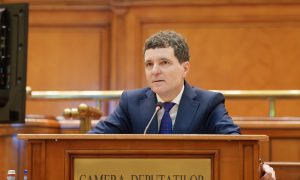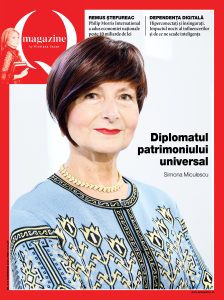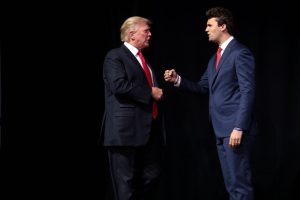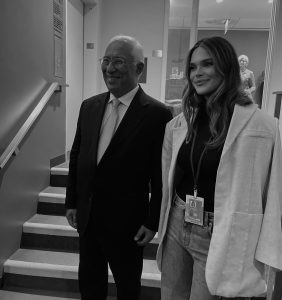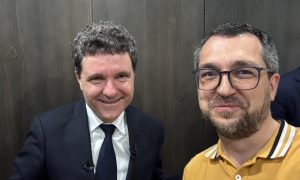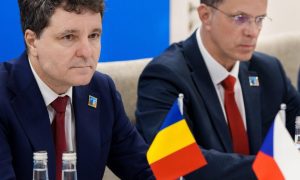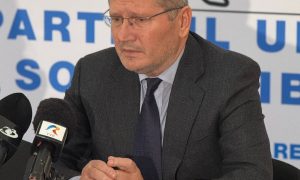With visa sanctions against EU officials, Marco Rubio seeks to delegitimise the Digital Services Act—and wields the cry of “free speech” as a weapon against transparency, moderation and democratic platform safeguards.
- Doi membri ai Gărzii Naționale, împușcați la Washington
- Tamila Cristescu a rezolvat cu guvernul Mexicului revenirea echipei României de pescuit din caiac
- Nicușor Dan: Strategia de Apărare prevede și implicarea serviciilor de informații în colectarea datelor cu privire la corupție
- Ziua Națională a României și Anul Cultural România – Italia, celebrate la 1 decembrie de Opera Națională, la Roma
- Trump: Unele teritorii ucrainene ar putea fi oricum obținute de Rusia în următoarele două luni
At the end of May 2025, U.S. Senator Marco Rubio announced that the United States would introduce visa restrictions for foreign government officials who champion digital rules that clash with the American view of free speech. His target is the EU, and specifically the Digital Services Act (DSA).
The DSA obliges major platforms such as TikTok, Meta and X to provide greater transparency, accountability and user protection. It is no gag order, but a democratic answer to algorithmically amplified disinformation, deepfakes and digital polarisation.
Rubio’s demand marks a turning-point: an attempt to turn free speech into a weapon—against those working to defend it. Behind the façade of open expression lies a digital feudal system run by a handful of platform lords. The self-styled “free-speech absolutists” show no qualms about banning political opponents from their platforms.
They control all the data, resources and communication channels, and do not hesitate to wield political influence. Elon Musk, for example, openly uses X in favour of Germany’s AfD—a clear breach of platform neutrality. Yet it remains without consequence.
How long can—or will—Europe withstand this digital “divide-and-rule” strategy?
Karl Popper warned that a society of unlimited tolerance destroys itself; tolerance must be capable of self-defence. Applied to social media, that means: anyone who systematically spreads intolerance forfeits the right to unlimited reach. Fines are no effective remedy against the mighty platform operators. The core demand to protect our liberal democracy is simple: moderate social media, create transparency—or switch them off.
Europe needs digital spaces modelled on the principles of public-service broadcasting: fair, moderated and pluralistic. Platforms must no longer function as black boxes; whatever steers our attention must be transparent and comprehensible.
A consistent enforcement of the DSA would also benefit Europe’s economy, laying the foundation for a sovereign digital economy built on trust rather than psychological manipulation. The question remains: how will Europe respond to Marco Rubio’s blackmail?









